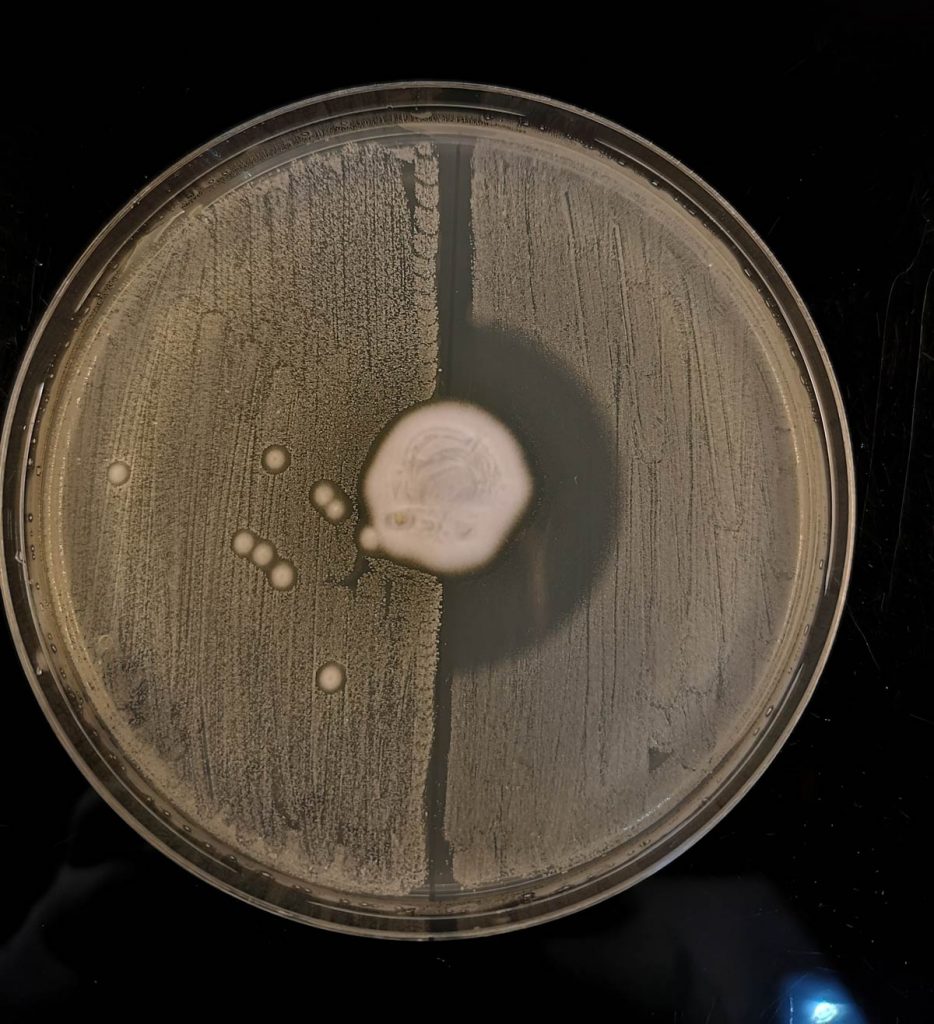University of Cambridge, Wellcome Sanger Institute and Denmark’s Serum Statens Institut researchers traced the genetic history of a bacteria. Staphylococcus aureus has developed resistance for antibiotic methicillin nearly 200 years ago. The research paper has been published in the journal Nature.
The scientists investigated the hedgehog surveys of Denmark and Sweden. They have found out 60% of hedgehogs have a type of MRSA named mecC-MRSA. The study also found high levels of MRSA in swabs of hedgehogs from Europe and New Zealand.
Researchers think that antibiotic resistance evolved in Staphylococcus aureus as an adaptation. It existed side-by-side on the skin of hedgehogs with the fungus Trichophyton erinaceid. Trichophyton erinaceid produces its own antibiotics.
Methicillin-resistant Staphylococcus aureus is well known as the superbug MRSA. The discovery of this antibiotic resistance predates antibiotic use in medical and agricultural fields.

Antibiotic resistance in bugs causes human infections. It was previously thought to be a modern phenomenon. Misuse of antibiotics is speeding up the process. Antibiotic resistance is rising high in all parts of the world.
Most of the antibiotics we use come from nature. Scientists think that the resistance to them also exists in nature. Overuse of any antibiotic in humans will help resistant strains of the bug. In future, the antibiotic will lose its effectiveness.
Scientists previously identified mecC -MRSA in human and dairy cow populations. The scientists thought that the train had arisen in the cows due to the large amount of antibiotics they are routinely given.
In 1960, MRSA was first identified in patients. Some MRSA infections were caused by mecC-MRSA. MRSA is much harder to treat than other bacterial infections because of its resistance to antibiotics. The World Health Organization also considered MRSA one of the greatest threats to human health. It is also a challenge in livestock farming.

